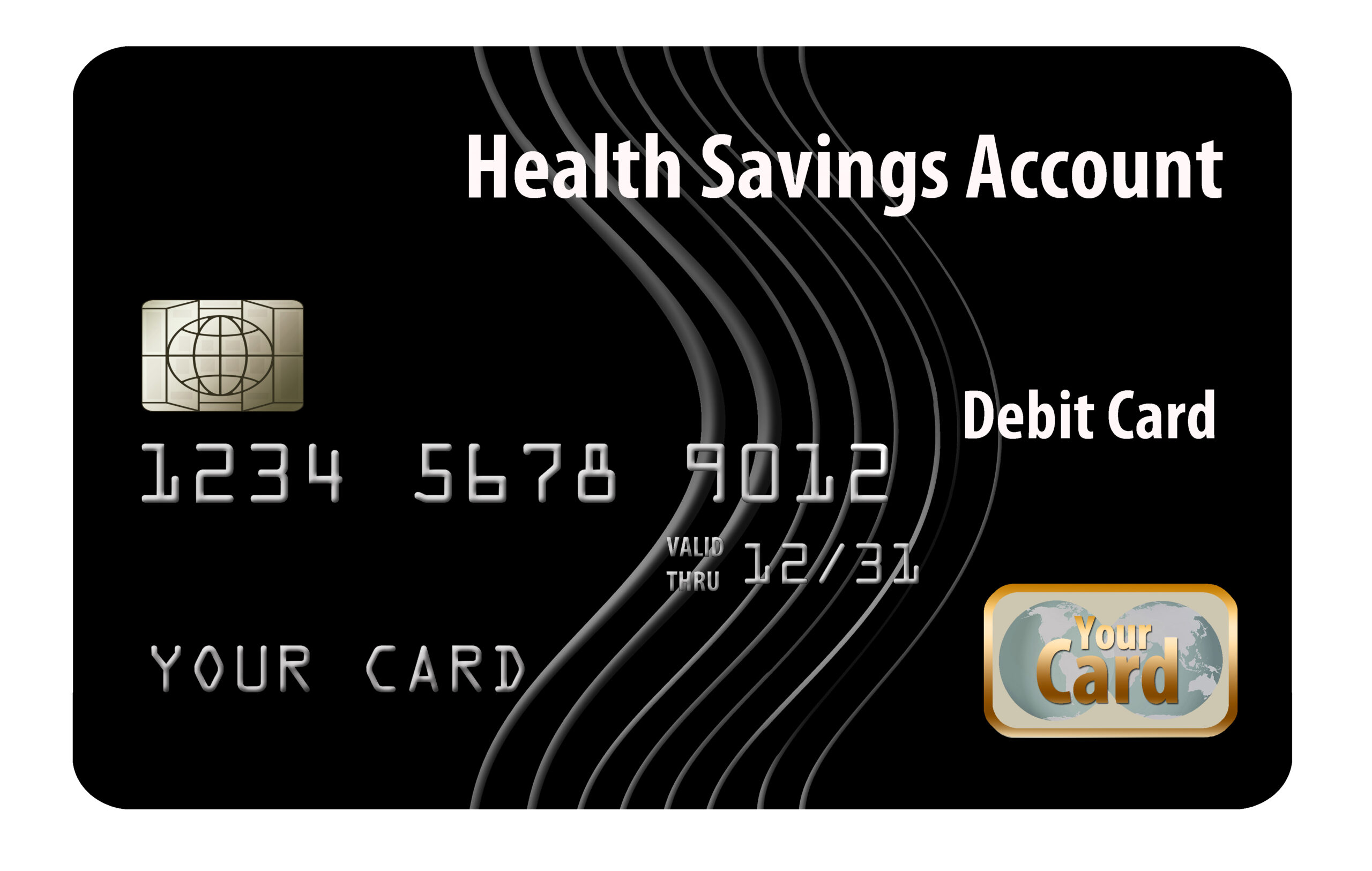HSA Contributions for Adult Children on Parents Health Coverage
Adult children who are covered under their parents’ high-deductible health plans (HDHPs) may be eligible to establish their own health savings accounts (HSAs) and make tax-favored contributions. Although a special rule requires spouses covered by family HDHP coverage to divide the HSA contribution between themselves, this rule does not apply to adult children. If they are HSA-eligible, adult children can contribute up to $7,750 to their HSAs for 2023 ($8,300 for 2024). Also, contributions to an adult child’s HSA can be made by the child or any other person on his or her behalf, including a parent or other family member.
HSA Eligibility Rules
To be HSA-eligible, an adult child cannot be eligible to be claimed as a dependent on another person’s tax return. In addition, the adult child must:
- Be covered by an HDHP;
- Not be covered by other health coverage that is not an HDHP (withsome limited exceptions); and
- Not be enrolled in Medicare.
HSA Advantages
HSAs have three main tax advantages that make them a useful savings tool: Contributions are tax-deductible; interest and earnings accumulate on a tax-deferred basis; and withdrawals used to pay for qualifying medical expenses are tax-free. If any portion of a withdrawal is not used for qualified medical expenses, that portion is taxable as income and subject to a 20% penalty.
Although young adults typically have fewer out-of-pocket medical expenses, they can still benefit from an HSA’s tax advantages, as unused HSA amounts are not forfeited. All unused funds remain in an HSA from year to year and may be used for qualified medical expenses incurred in the future by the HSA owner, a spouse, a dependent child, or another tax dependent.
HSA Contribution Rules
• Health plans must allow employees to cover their adult children up to age 26.
• Adult children who are covered by their parents’ HDHPs may be eligible to establish HSAs and contribute up to $7,750 for 2023 ($8,300 for 2024).
• These contributions do not impact the amount that the child’s parents can contribute to their own HSAs.
Tax Dependents
In general, an adult child is eligible to be claimed as a tax dependent if he or she:
- Is under age 19 (age 24 if a full-time student) or permanently and totally disabled;
- Has lived with the parent for more than half of the year (with exceptions for temporary absences); and
- Does not provide more than half of his or her own support for the year.
Download the full PDF here – HSA Contributions for Adult Children on Parents Health Coverage
Stay Informed
Join our newsletter to stay up to date on all of the latest news. We will never email you more than twice month and we are sure you’ll find our communication valuable.





